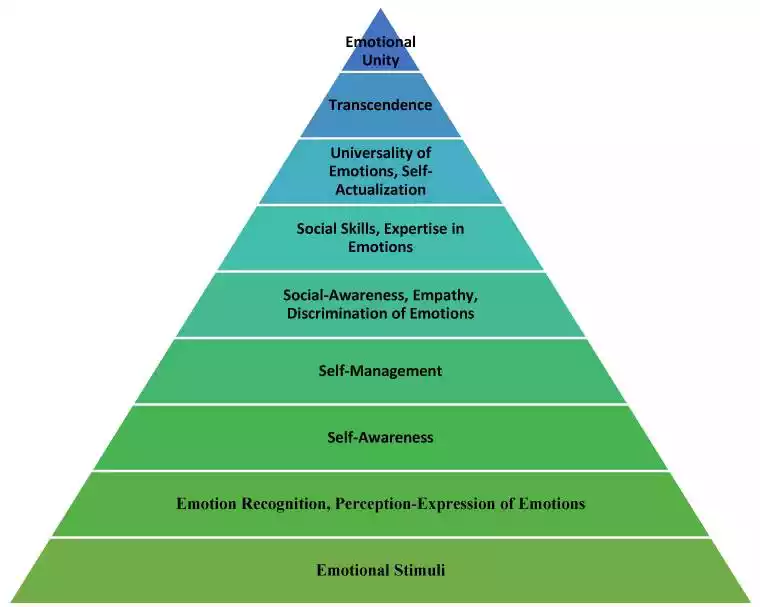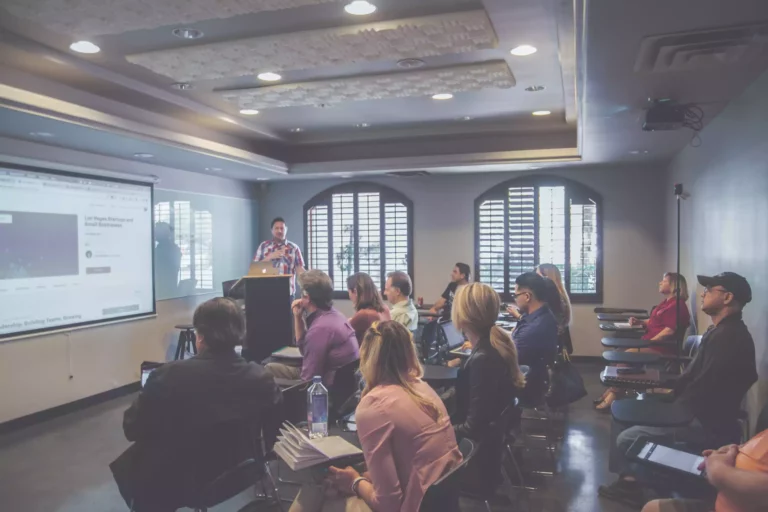Leadership is not just about having the right skills; it’s also about having confidence in yourself and your abilities. PAL programs can help build self-confidence by giving kids positive experiences with police officers as well as providing role models for how to handle different situations calmly and respectfully.
Leadership is a skill that can be developed through self-awareness and practice of good character traits like honesty, respect for others, critical thinking skills, empathy and problem-solving abilities. It’s important to encourage these qualities among PAL program participants since they are essential for success both personally and professionally.
By making sure all participants feel safe, respected, and supported during activities, you encourage a sense of community within your program which ultimately leads to better outcomes for everyone involved.
Tips for Teaching Leadership Skills to Youth
Leadership skills can be hard to teach to young people, especially those who may not have had the opportunity or resources to explore leadership qualities in themselves.
Leadership is a process that requires mentorship, guidance and personal exploration in order to grow. PAL programs provide an opportunity for kids to develop their leadership skills by providing activities that challenge them and give them ownership of their own learning outcome.
It’s important that these youth have mentors and role models who demonstrate how good leaders act through their behavior and attitude so they can fully understand what it means to be a leader.
Explore some ways to cultivate leadership qualities in kids through your PAL programs:
Building Self-Confidence & Emotional Intelligence
When thinking of establishing a PAL, understand that a PAL creates opportunities for children to take on leadership roles gives them an opportunity not only to develop new skills but also build confidence in themselves as leaders.
This can include teaching children how to set goals, problem solve and make decisions in a safe space.
Research suggests that Emotional Intelligence is more important than we ever knew.
“EI [Emotional Intelligence] is the rudder for feeling, thinking, learning, problem-solving, and decision-making” explains Athanasios S. Drigas in A New Layered Model on Emotional Intelligence. Drigas, a researchers at the Institute of Informatics & Telecommunications, National Centre for Scientific Research leads a team exploring the importance and development of Emotional Intelligence.
Broadly speaking, Emotional Intelligence “also focuses on the character and aspects of self-control, such as the ability to delay pleasures, the tolerance to frustrations, and the regulation of impulses” Drigas offers.
Drigas and the research team at the Institute of Informatics & Telecommunications, National Centre for Scientific Research have developed a 9-level pyramidal model for understanding the development of Emotional Intelligence.

In your PAL, the main focus should be on creating a safe and supportive environment where young people feel comfortable taking risks. Encourage kids to try new things without fear of failure which will help build their confidence.
Working in groups and on teams allows youth to take on different roles while developing their emotional intelligence through respectful communication and healthy conflict resolution skills.
Providing Opportunities for Growth & Exploration
PALs provide opportunities for kids to explore their personality types, interests and strengths while learning how they are best able to contribute the program. It’s important that participants feel respected and cared about so each individual feels free to take risks without fear of judgement from others or failure.
4 Ways of Providing Opportunities for Growth & Exploration
- Provide meaningful and relevant learning experiences that challenges participants to develop new skills
- Create a safe inclusive environment where everyone’s voice is heard
- Encourage creativity through interactive activities like role-playing, team challenges or problem-solving games
- Plan activities that encourage group work and developing mutual respect within the team while teaching problem solving/critical thinking skills such as a scavenger hunt or role-playing game.
Provide access resources such as books on leadership styles, decision making processes etc., allow time for self-reflection/journaling activities during your meetings if possible or invite guest speakers (local police officers) who have successfully navigated different roles in their own careers as examples of people willing to take charge!
Incorporate Positive Youth Development Concepts into Your PAL Program Activities
Positive Youth Development is based on developmental models that focus on strengths-based approaches rather than risk prevention or remediation strategies found in traditional youth programming. It supports participants’ social emotional needs by offering learning experiences that foster resiliency within individuals so they become successful well into adulthood.
One key element involved with PYD is incorporating leadership development opportunities into program activities for participating children and teens which will help them build their self-esteem, gain problem solving skills, strengthen communication abilities, enhance team building efforts and more!
3 Ideas for Incorporating Leadership Into Your Program Activities
- Encourage participants to take on leadership roles in group activities or create a space for individuals to take initiative and be creative or innovative with their ideas.
- Set expectations that allow everyone an equal chance at finding the best solution, rather than just relying on the opinions of one leader alone. This will help kids learn how to work together towards a mutually beneficial agreement while allowing each individual to have their own voice!
- Empower youth by providing them with resources like books about leadership and inspiring stories from successful leaders who have made positive impacts in their communities and beyond – this can give kids role-models who prove it is possible for anyone no matter circumstances they find themselves in, succeed when given opportunity!
Final words on youth Leadership Skills in your PAL Programs
PAL Programs provide essential opportunities for youth to gain invaluable skills and leadership qualities while building their self-esteem. It is important to remember that each individual participant will come into the program with unique perspectives, strengths and interests that should be respected and engaged in meaningful ways.
It’s pivotal to create a safe and positive environment which reinforces problem solving, collaboration and communication while providing students with resources to develop their skills further as they grow. Ultimately, the ultimate goal is to give children the confidence they need by taking on leadership roles that will positively shape their futures!
We hope this Resource can help your PAL succeed and offers some insight into developing youth leadership skills through PAL programs and activities.
Explore more resources for PAL leaders and coordinators and explore our website to learn more about the solutions available for Police Activity Leagues offered by PALPartner.org.



